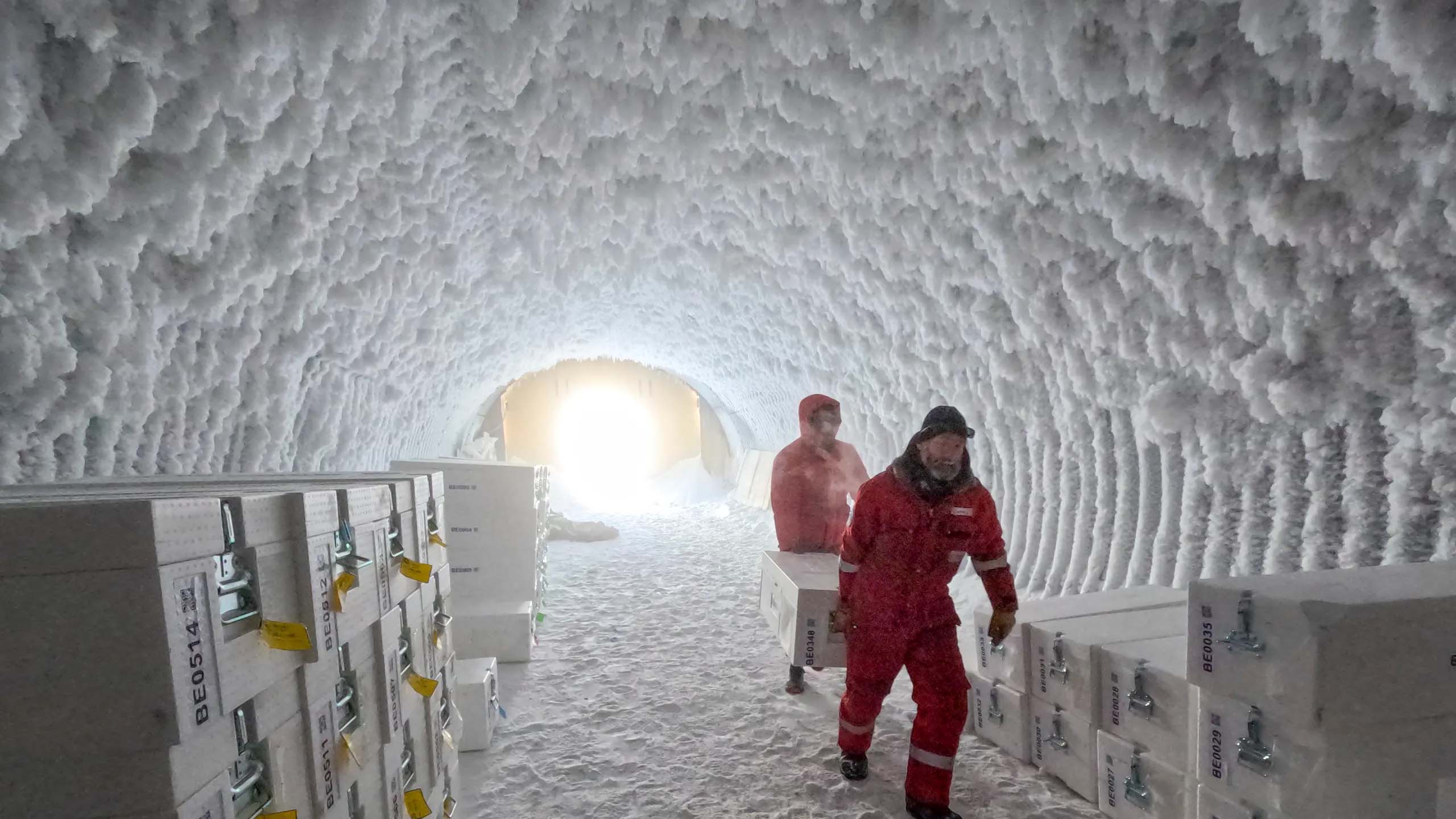CHICAGO, Jan 9: An international team of researchers announced on Thursday that they have successfully retrieved one of the oldest ice cores ever, reaching nearly 2 miles (2.8 kilometers) deep into Antarctic bedrock to obtain ice estimated to be at least 1.2 million years old.
The analysis of this ancient ice is anticipated to reveal how the Earth’s atmosphere and climate have changed over millennia. This research could offer valuable insights into the shifts in Ice Age cycles and enhance our understanding of the relationship between atmospheric carbon levels and climate change.
“The ice core will shed light on the variations in greenhouse gases, chemicals, and dust particles in the atmosphere,” stated Carlo Barbante, an Italian glaciologist and the lead coordinator of the Beyond EPICA project aimed at obtaining the core. He also directs the Polar Science Institute at Italy’s National Research Council.
This same team previously drilled a core that was approximately 800,000 years old. The latest project involved drilling to a depth of 2.8 kilometers (around 1.7 miles), with a dedicated team of 16 scientists and support staff working during summer over a period of four years in average temperatures of about minus-35 Celsius (minus-25.6 Fahrenheit).
Among those who completed the drilling in early January was Italian researcher Federico Scoto, who worked at a site known as Little Dome C, near Concordia Research Station.
Both Barbante and Scoto mentioned that findings from the previous EPICA campaign indicated that greenhouse gas concentrations, including carbon dioxide and methane, during the highest temperature periods in the last 800,000 years, have never exceeded the levels recorded since the start of the Industrial Revolution.
“Currently, carbon dioxide levels are 50% above the highest concentrations observed over the past 800,000 years,” Barbante reported.
The Beyond EPICA project, which is funded by the European Union with backing from various nations across the continent, is coordinated by Italy.
The announcement generated excitement among scientists like Richard Alley, a climate expert at Penn State who was not involved in the project and recently received the National Medal of Science for his work on ice sheets.
Alley expressed that advancements in ice core research are crucial for understanding past climate conditions and assessing human impacts on current climate change. He also noted that reaching the bedrock opens new avenues for discovering Earth’s history beyond the ice record itself.
“This is truly, truly, amazingly fantastic,” Alley exclaimed. “They will discover incredible information.” (AP)


Leave a Reply